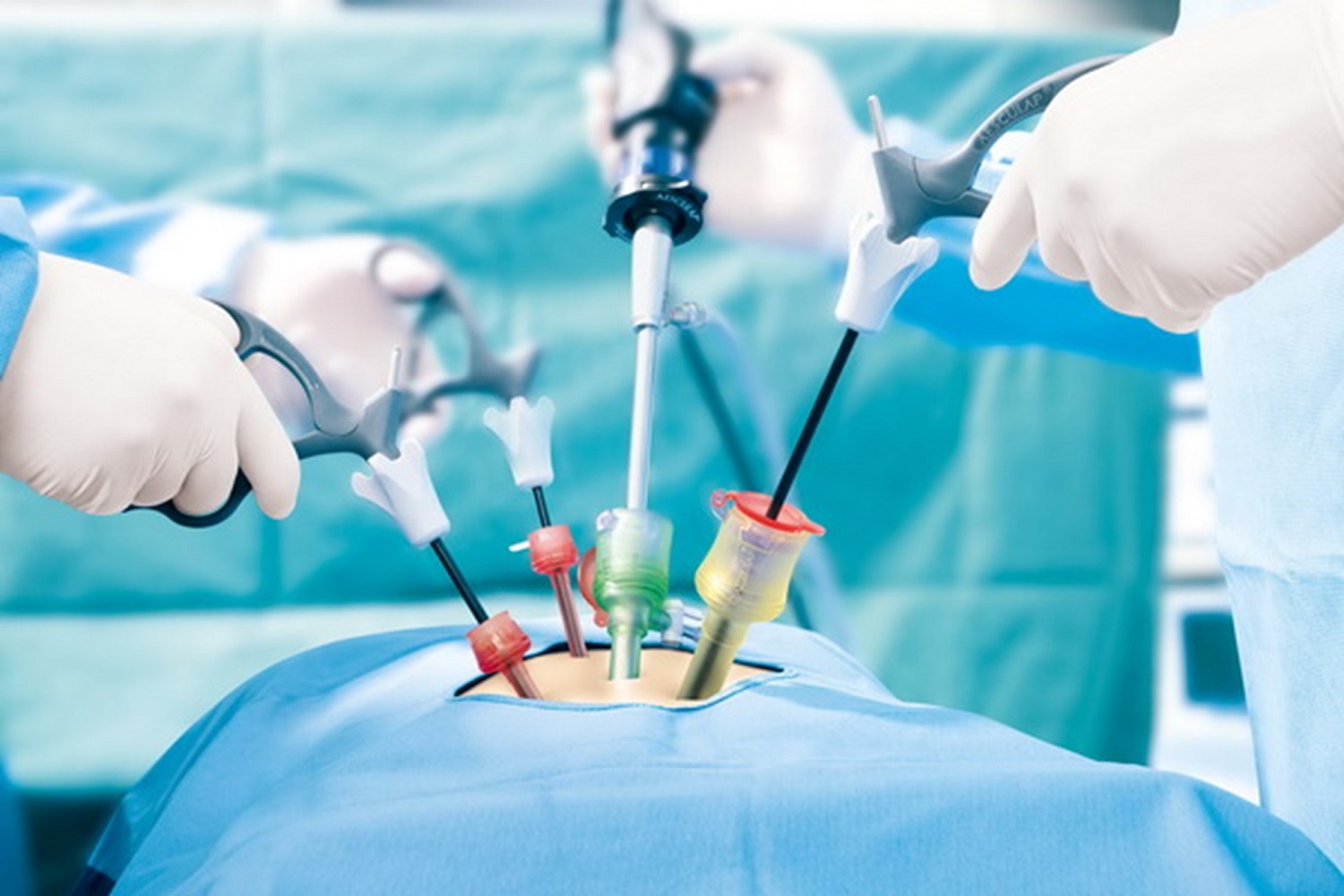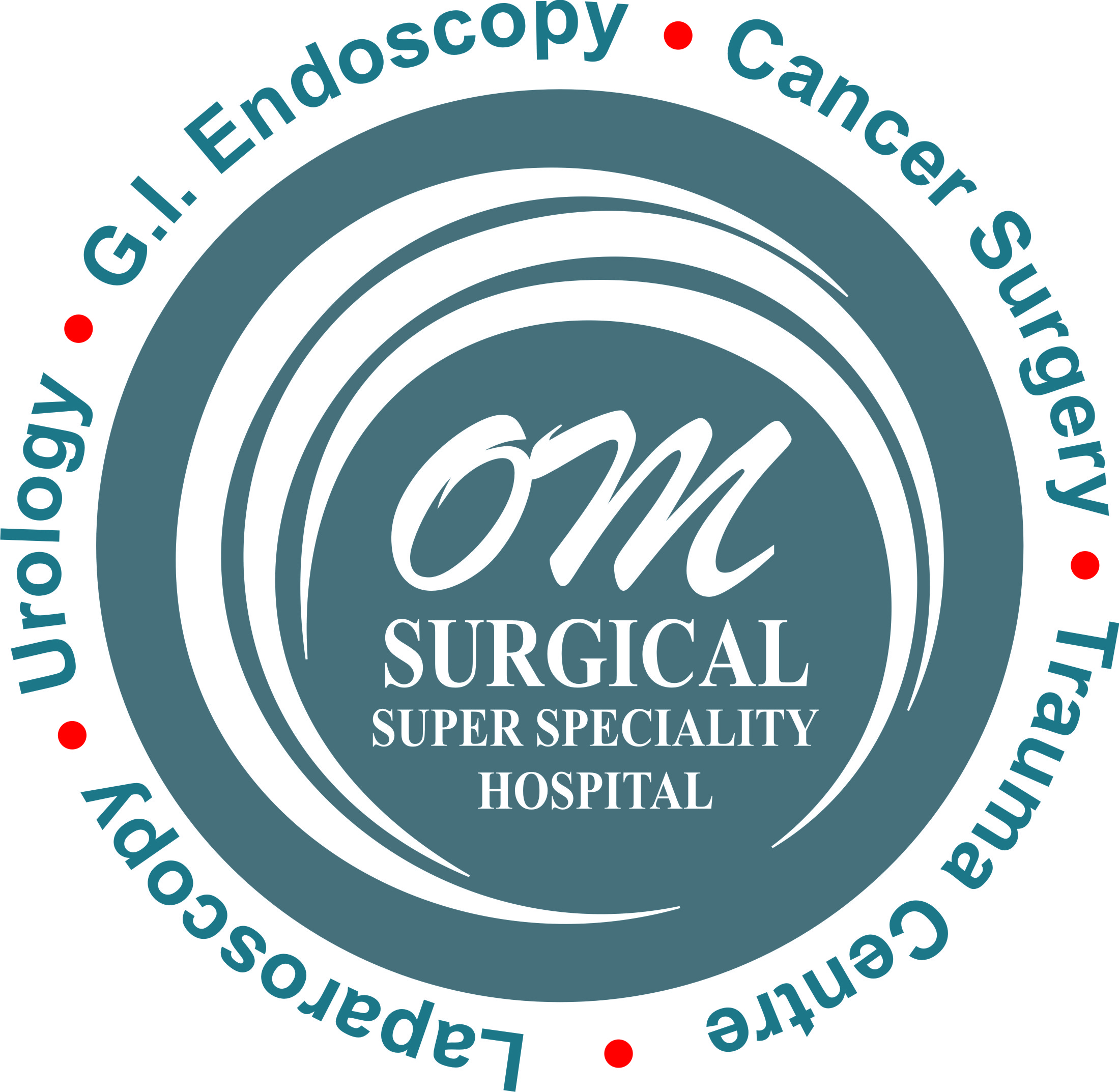-
Call: +91 6351045924
-
Email: osssh@yahoo.com
Hernia surgery
Hernia surgery
Hernia is a condition in which the intestine of fatty cells breakdown in the abdominal muscles. A weekend of the muscles can break and turn our as a bulge or grain in abdominal activity. To remove the grain, professionals have to follow some of the surgical procedures. The ultimate practice is selected after reviewing the condition of Hernia and patient’s condition as well.In the first place, a non-surgical practice is priority, but in intense cases things turns out to be surgical with pacific precautions and care.
Causes
When it comes to Hernia, there are numerous reasons that lead to such situation. In most of cases, if a person is having a sequence of bad health, lower immunity and other abdominal problems then it is possible to face such issues in further.

The long illness includes constipation and strain on intestine due to poor stool routine is one of the crucial causing that leads to Hernia. In addition, the cystic fibroids, enlarged prostate and persistent cough are additional causes for the breakdown. Too much weight, obesity, lifting heavy weight, smoking and irregular physical exertion again the body strength can add more complications to the situation.
In order to avoid such issues, it is necessary to keep the track of overall health and deal with the basic issues in the beginning to avoid extended issues and problems.
Types :
Ventral Hernia
The bulge that occur in an opening of abdominal muscles. It commonly happens at a previous incision where muscles are weak by nature or due to any incision.
Symptoms -
- Cause a visible bulge on the abdomen
- Give higher prominence when coughing
- Continuous pain and pressure on a specific position
Groin Hernia
The bulge appears in the weakest part of groin area commonly. It gives visible clusters in the naval zone. The weak muscles can be due to lower nutrition or any previous incision.
Symptoms -
- Groin Hernia shows a visible bulge in the area
- With coughing and straining it is more visible and comes in observation
- During pressure to strain it, cause too much pain and discomfort
Umbilical hernia
Almost 10% of reported hernia is the umbilical hernia. It occurs around the naval or bellybutton in prominence involving umbilical position in common. There is a breakthrough of muscles and bulges just like the other hernia conditions.
Symptoms -
- Gives a visible cluster in the abdomen activity near umbilical area
- It is more visible with straining and coughing
- Cause pain in activity and pressure
Hiatus hernia
It is one of the critical and complex forms of hernia in general. The situation causes an extended opening of hiatal that turns into hernia that puts pressure on stomach. On the other hand it closes the connect of stomach and esophagus that reflux the acid from stomach to esophagus. Majority of hernia cases are hiatus hernia in medical history. A majority of people suffer from this type of issues.
Symptoms -
- Sensation of heartburn and acid reflux within 40 to 60 minutes after eating
- Cause breathing issues makes it heavy with breathing
- Difficulty in swallowing and cause pain
- Stomach pain and twisting pain
- Mid chest pain with burning
- Bad breath and aspiration that reflux stomach content in airway
Diagnosis
In all of hernia types diagnosis is quite different. For the rest of types, there are visible bulges in the body and comes to surface and cause pain in general. However, in case of hiatus hernia diagnosis is a little different. Other than physical examination there are other tests such as X-ray, esophageal and upper endoscopy are helpful for the diagnosis.
The conditions in hiatus hernia are similar to other problems of acid reflux, stomach infection and other issues. Therefore, there has to be an actuate diagnosis and evaluation of problem. With the help of these tests, it is possible to understand the problem and take appropriate action for treatment.
Treatments
To treat up hernia in its best there are two procedures available in common. Professionals come up with the non-surgical treatment in the initial stages diagnosis. With the help of medications and lifestyle changes, they make sure to help the patient in the first place.
For the critical cases and advance stage damage, surgery is the final solution. For all type of hernia, surgeries and their methods are different. However, professional make sure to come up with the best procedures.
Recovery and follow up
The recovery of a patient after hernia surgery is based on overall health condition, follow up and care afterword. After surgery, doctors recommend some specific considerations and care for the patient. They have to manage weight, control lifting too much weight and no strain to themselves. Meeting up all nutrition in the body and leading a balanced life is necessity for the patients to avoid reoccurrence.





